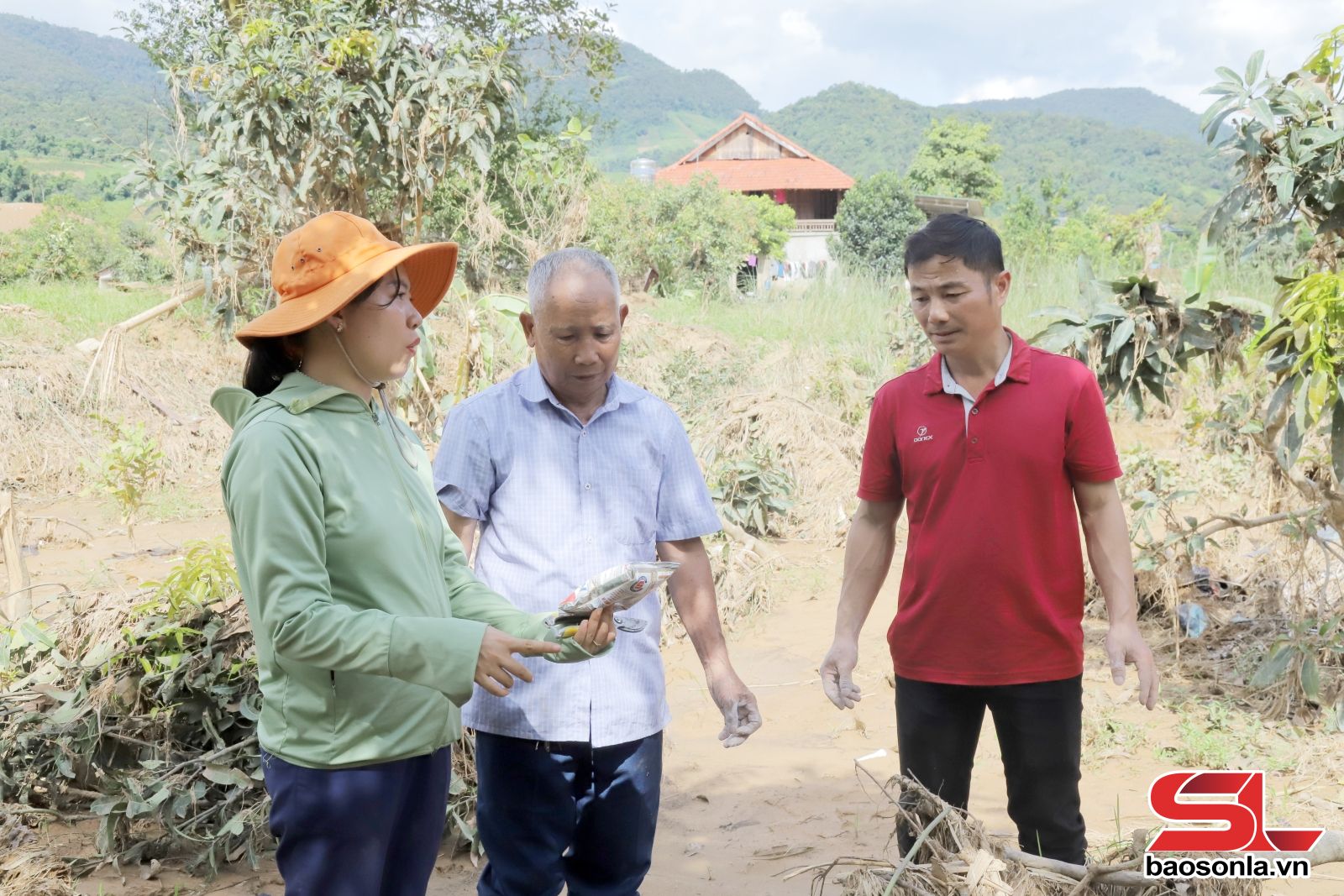
Every year, the Department proactively develops a plan to investigate plants and organisms harmful to crops; closely inspects and monitors establishments producing and importing plant varieties; strictly manages the use of fertilizers and pesticides and monitors plant quarantine objects and harmful organisms in warehouses; monitors locations and scope of use of beneficial organisms when there are declarations from organizations and individuals...
Ms. Pham Thi Lan, Deputy Head of the Department of Crop Production and Plant Protection, said: The Department regularly investigates, estimates, forecasts plant pests and reports weekly; coordinates with regional Agricultural Technical Stations to check for pests on crops, warns of pests and diseases and provides technical advice and guidance to farmers to effectively prevent and control pests. The Department also advises the Department of Agriculture and Environment to issue documents guiding the prevention and control of seasonal pests and diseases, proactively responds to major pests such as bamboo locusts and fall armyworms and overcomes the consequences of natural disasters.
Since the beginning of the year, the whole province has discovered nearly 1,750 hectares of corn infected with fall armyworms; 769 hectares of rice infected with golden apple snails, planthoppers, stem borers and diseases such as blast and silver leaf; nearly 2,000 hectares of longan, mango, coffee, and tea infected with aphids and diseases such as anthracnose, rust... The Sub-Department has successfully prevented and controlled the entire infected area, protecting productivity for farmers.
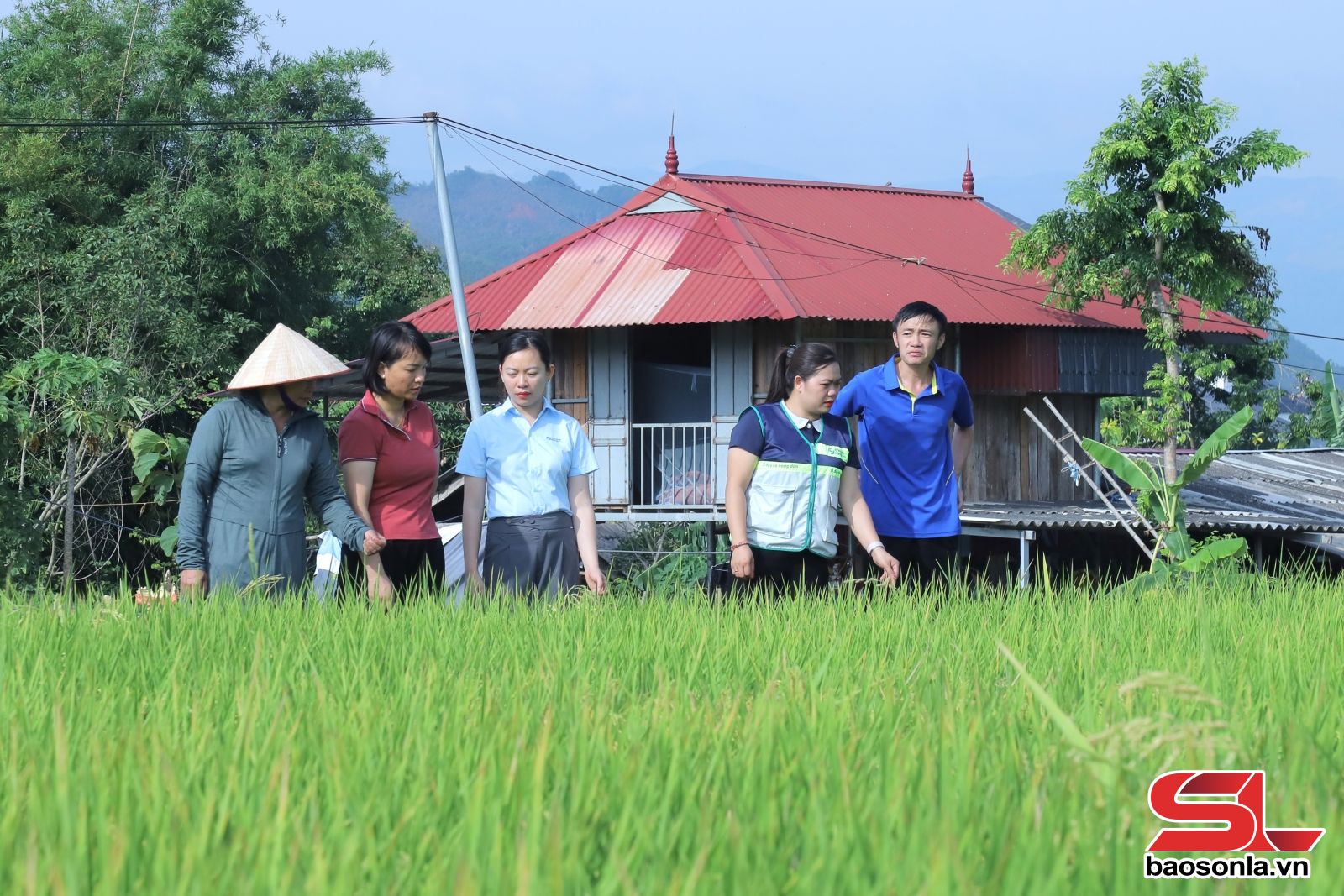
Currently, the province is planning to establish Comprehensive Service Centers in communes to suit the two-tier government operating model. These centers will play an important role in bringing services and technical support closer to the people, especially farmers. This will enhance the ability to detect and respond early to plant and animal diseases, and also improve the effectiveness of treatment by guiding people to apply the right techniques. Furthermore, the centers will help promote proactive disease prevention through in-depth consultation, helping people build safe and sustainable production models, contributing to long-term local economic development.
In addition, the Department also actively implemented domestic plant quarantine measures, checked the plant quarantine procedures and documents of 10 imported plant varieties; strictly managed harmful organisms on quarantine objects stored in warehouses and at production and processing facilities in To Hieu, Chieng Coi and Chieng Sinh wards. As a result, there were 21 common harmful organisms; no dangerous quarantine objects were detected.
The Department has also signed a coordination regulation with the Plant Quarantine Sub-Department of Region V, authorizing plant quarantine work and food safety inspection of agricultural products of plant origin at border gates in the province. In the past 9 months, the Department has issued 25 certificates for sugarcane and teak imported from Laos; advised the Department of Agriculture and Environment to issue many documents to support the consumption of agricultural products and disseminate new regulations on import and export, shortening the plant quarantine time to create favorable conditions for production enterprises.
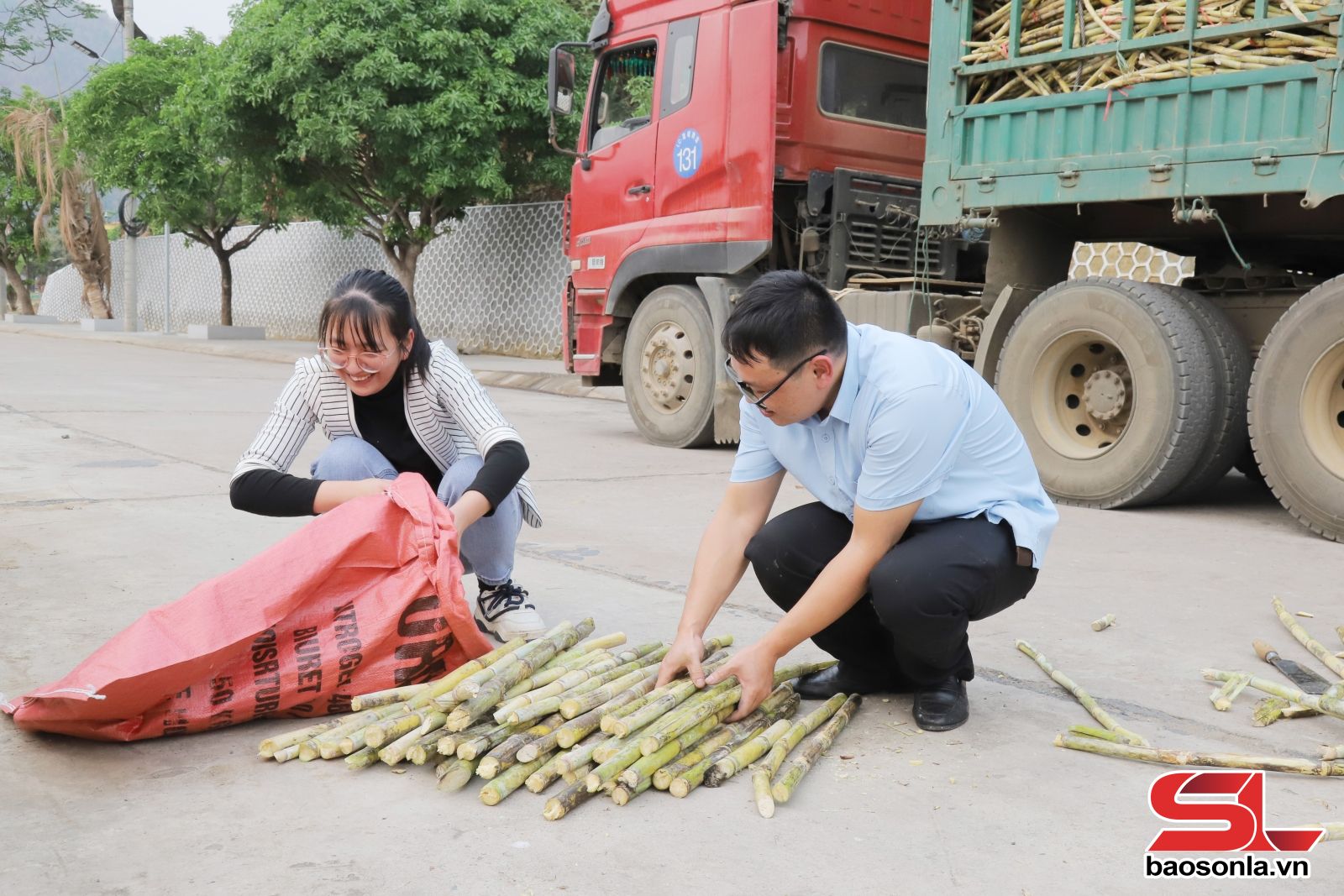
In the 2024-2025 sugarcane production season, Son La Sugarcane Joint Stock Company has supported sugarcane consumption for hundreds of farmers in Hua Phan province, Lao PDR. Ms. Nguyen Phuong Yen, Deputy Director of Production Materials, Son La Sugarcane Joint Stock Company, said: When importing production materials, the Company always receives maximum support from the Provincial Department of Cultivation and Plant Protection, along with Son La Customs in shortening quarantine procedures, food safety inspection and customs clearance so that raw sugarcane can be transported to the factory within 20-22 hours and ensure maximum quality when processed.
To ensure production safety, the provincial Department of Crop Production and Plant Protection continues to inspect pests on imported crops, promptly detect and handle quarantined objects. At the same time, it recommends garden owners, production and processing facilities for animal feed to import raw materials of clear origin, apply measures to clean up pests, contributing to protecting agriculture and increasing the value of agricultural products.
Source: https://baosonla.vn/kinh-te/tang-cuong-kiem-dich-thuc-vat-bao-ve-cay-trong-xdjBp1qHg.html







![[Photo] Hanoi morning of October 1: Prolonged flooding, people wade to work](https://vphoto.vietnam.vn/thumb/1200x675/vietnam/resource/IMAGE/2025/10/1/189be28938e3493fa26b2938efa2059e)
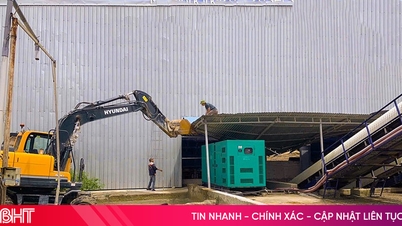

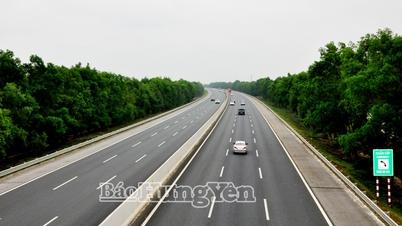

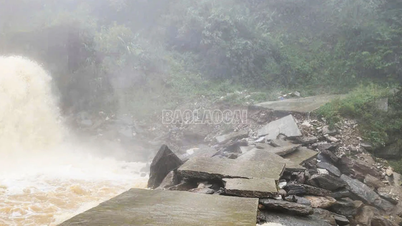

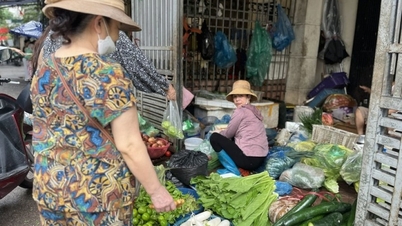

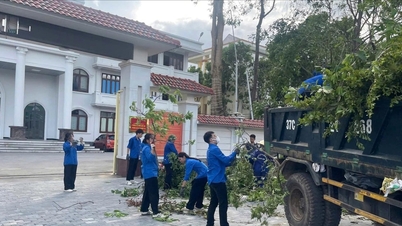

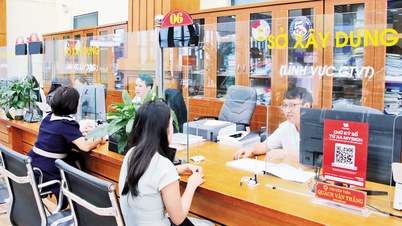





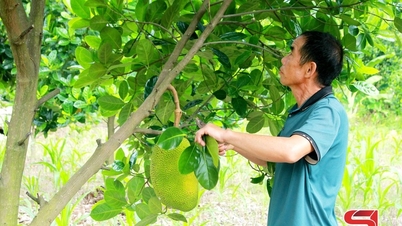
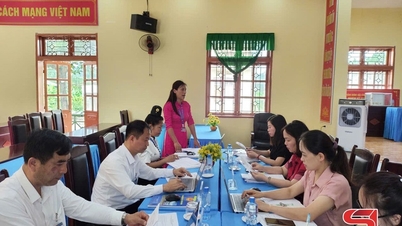
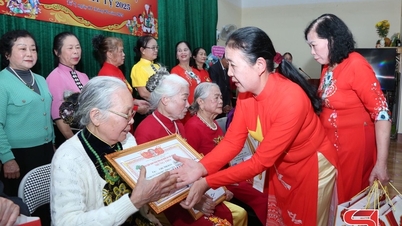
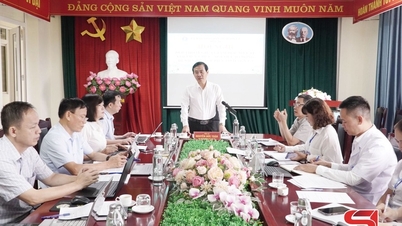
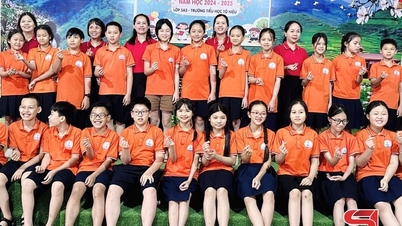
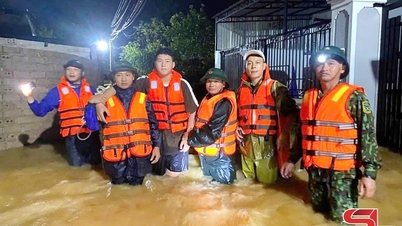
![[Photo] President Luong Cuong receives President of the Cuban National Assembly Esteban Lazo Hernandez](https://vphoto.vietnam.vn/thumb/1200x675/vietnam/resource/IMAGE/2025/9/30/4d38932911c24f6ea1936252bd5427fa)
![[Photo] Panorama of the cable-stayed bridge, the final bottleneck of the Ben Luc-Long Thanh expressway](https://vphoto.vietnam.vn/thumb/1200x675/vietnam/resource/IMAGE/2025/9/30/391fdf21025541d6b2f092e49a17243f)
![[Photo] The 1st Congress of Phu Tho Provincial Party Committee, term 2025-2030](https://vphoto.vietnam.vn/thumb/1200x675/vietnam/resource/IMAGE/2025/9/30/1507da06216649bba8a1ce6251816820)

























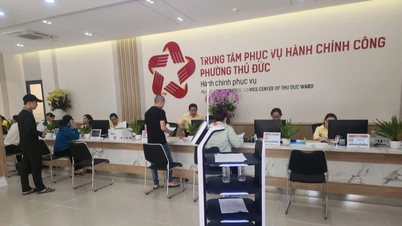
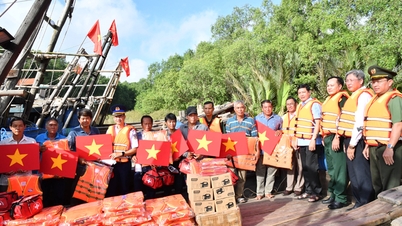

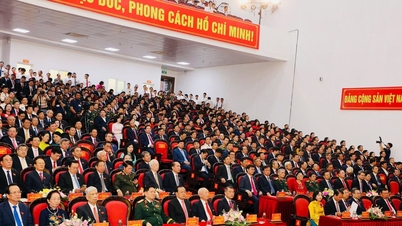

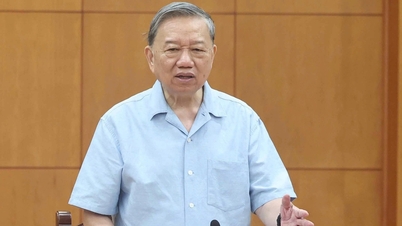



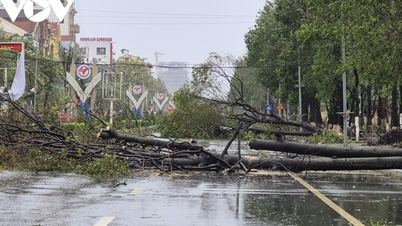

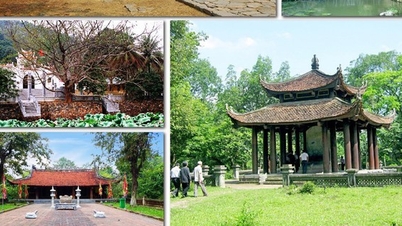


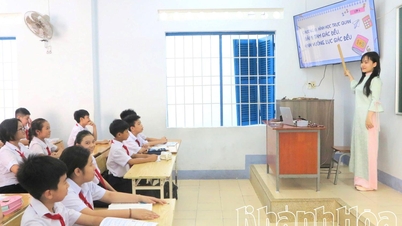

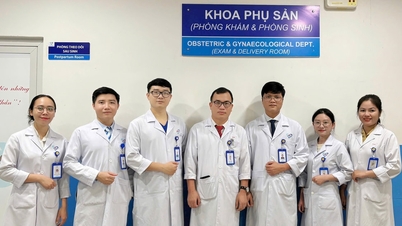

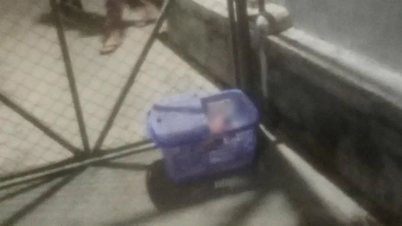

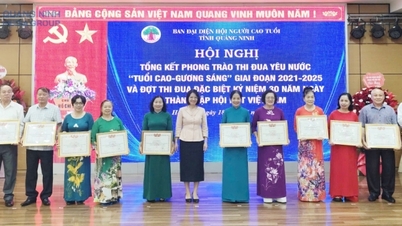

















Comment (0)